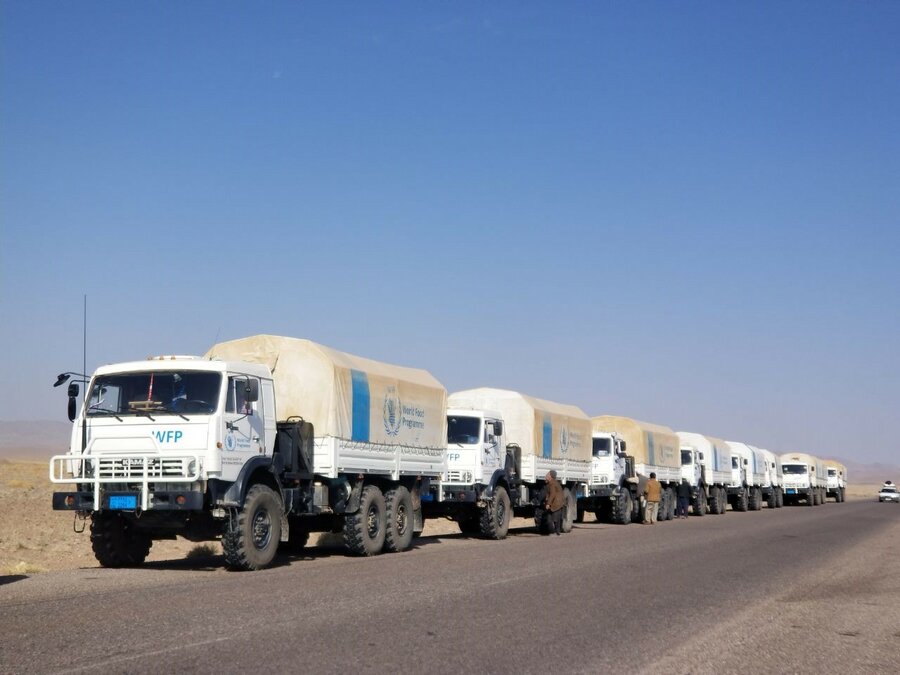Afghanistan: WFP remains standing – a fortress against hunger
Herat is my city. The place my family and I call home. It is Afghanistan’s cultural capital, renowned for poetry, literature, art and music. It is also the home of Qala Iktyaruddin - the Citadel of Herat - which some people believe was one of Alexander the Great’s forts.
Herat is an ancient city, and it has known war before. But we couldn’t have imagined war would return this way.
Since early July, fighting started accelerating at an unforeseen pace and the frontline moved closer and closer to us. By early August, it had surrounded the city. All roads out were blocked, and most flights cancelled.
As fighting raged outside our windows, I could hear the sounds of machine guns, sometimes artillery. The change was so fast and so dramatic that it shocked us all. Friends and relatives were trying to flee. My children would come to me, terrified, telling me: “Ayesha and her family just left, Baba.” Then minutes later, “Rasa and her family left, Baba.” All I could tell them was that we would be alright.
2021 had already started off as a very difficult year. Already half the population needed humanitarian assistance. And the worst may yet be to come.

Even with a war at our doorstep, our routines remained the same. One colleague once joked that “What we call business as usual is actually incredible to most people.” She was right. We are used to doing our job in what is probably one of the most challenging contexts in the world. War, drought, floods and, most recently, the COVID-19 pandemic – that’s what we are up against day in and day out. Along rugged mountain terrains, our food delivery convoys are always on the move, rain or shine.
The decision to stay when fighting broke out around the city was a tough one. But to me and a group of colleagues it made perfect sense. For us, the biggest battle in the country right now is the one against hunger. Millions of people depend on WFP food to survive, this is the hour they need us the most. In just a few weeks, winter will arrive, and by then, WFP food stocks will run out. The situation will be catastrophic if we can’t bring food into the country and deliver it to communities before roads are cut off by snow.
On 12 August, Herat eventually fell, followed by Kabul three days later.

There are days in which the situation here feels somewhat calmer and we’re back to our usual routine. Back to business as usual. But other times, I wonder if there is another storm looming.
Herat once again adds another chapter to its long history. The path remains unknown and uncertain. But just like the Citadel of Herat, WFP remains standing — a fortress against hunger. We will stand with the Afghan people, for however long they will need us.



